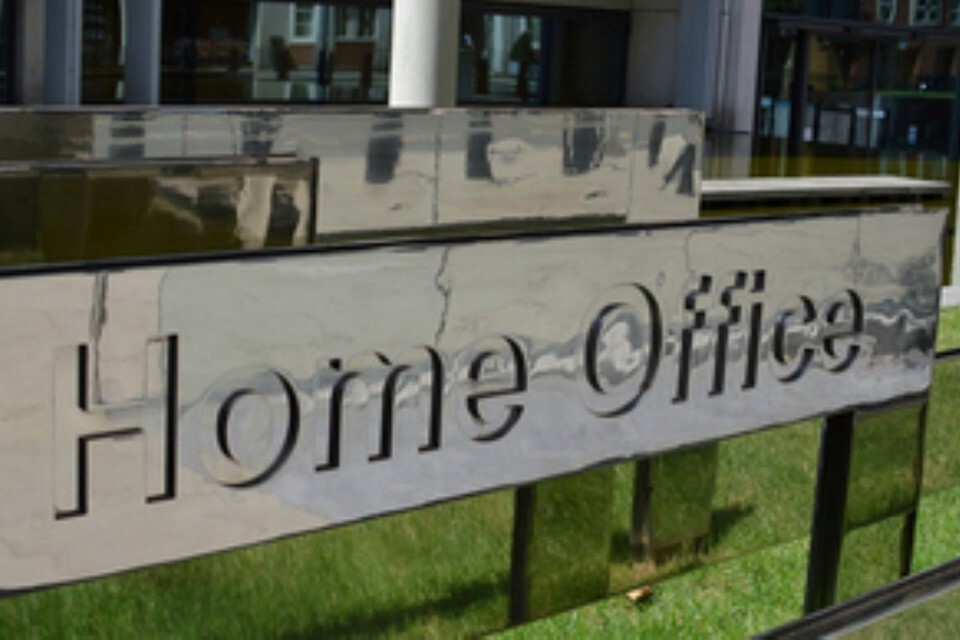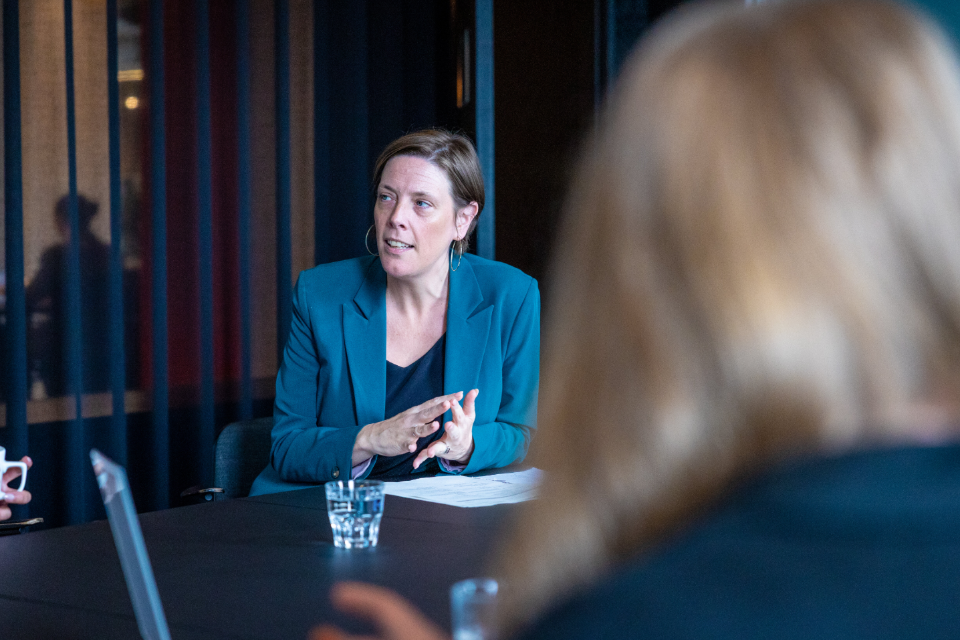What's On
Students can now apply for Part-time undergraduate student finance for…
Going Out
If there was ever a time to offer out free…
Reviews
Michelle Farrell leads Boxpark’s sales, events, marketing and commercial features,…
Latest Articles
Applicants wishing to secure admission to the October 2025 rotas must take action to ensure that their CRM12…
Introduction Every bit of Bang and Olufsen kit sits at a crossroads between gadget and art piece, and…
At a glanceExpert’s Rating Pros Retro design Large and glossy prints Wide range of filters and shooting options…
In an effort make streets safer, the government has set out new recommendations to local authorities, police and…
Good morning. Today, we publish a White Paper on immigration, a strategy that is absolutely central to my…
The Medicines and Healthcare products Regulatory Agency (MHRA) has approved a low-carbon version of Trixeo Aerosphere, a triple…
The government’s Immigration White Paper, published in Parliament tomorrow, will include the change as the government takes action…
Government confirms 13 new state-of-the-art DEXA scanners to support better bone care Tens of thousands of patients…
In Spotlight
AltReserve Review Choosing an online broker isn’t something you should…


































